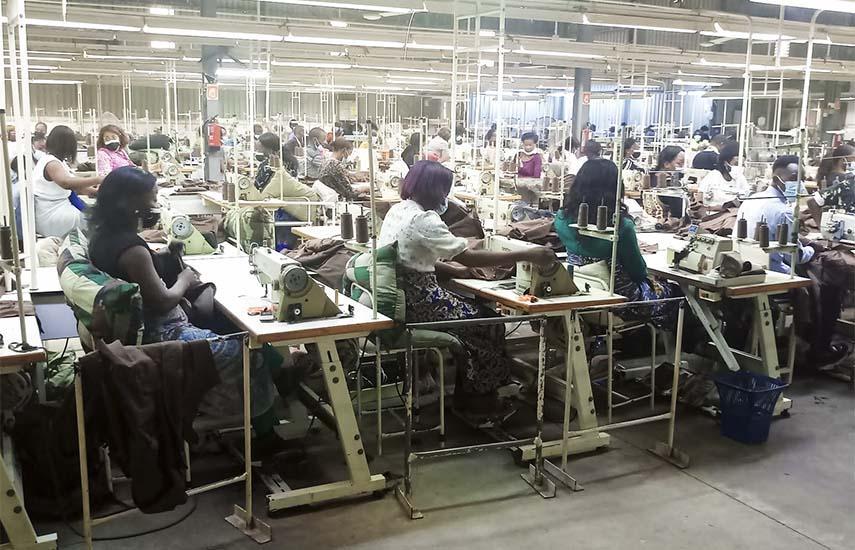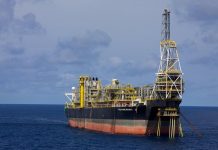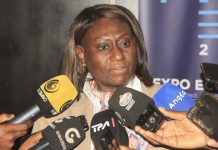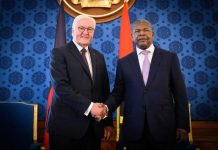Africa-Press – Angola. The Angolan fishing and aquaculture sector is expected to double its contribution to the national economy in the next five years, representing 4.5% of the Gross Domestic Product (GDP), the Minister of State for Economic Coordination, José de Lima Massano said Tuesday in Luanda.
According to the minister, the fishing and aquaculture sector, in addition to its direct contribution to food security, has high potential to boost complementary services and industries.
Speaking at the opening of the International Conference on Sustainable Fisheries and Aquaculture (CIPAS 2025), José de Lima Massano highlighted the potential of the country’s maritime and river resources.
Massano highlighted the extent of Angola’s Atlantic Coast (more than 1,500 kilometers), the Exclusive Economic Zone of 330,000 square kilometers and 77 river basins, factors that make the sea a strategic axis for sustainable development.
“The fishing and aquaculture sector represents a truly significant potential for the sustainable growth of Angola,” the minister said.
The minister stressed the importance of accelerating public and private investments, with reinforcements in production, logistics and distribution infrastructure.
The National Development Program 2023–2027 and the National Strategy for the Sea of Angola 2030, according to José Massano, place the sea and aquatic resources at the center of the country’s economic and environmental priorities.
The vision, the minister stated, is aligned with the United Nations Sustainable Development Goals and the Integrated Maritime Strategy for Africa 2050, reinforcing Angola’s commitment to sustainability and the blue economy.
“We need more fish processing, preservation and transformation units, refrigerated transport, distribution centers and marketing networks,” the minister said.
Massano added that the industrial and technological development of the sector is equally a priority, pointing to the need to foster national production, manufacture of naval equipment and fishing gear, as well as professional training and sanitary certification.
The minister called for the creation of digital tools that connect informal producers to the formal market, promoting inclusion and economic efficiency, underlining that the regulatory and institutional environment has seen remarkable progress, and the business climate is following the same trajectory.
CIPAS 2025 brings together public decision-makers, national and international experts, fishermen, investors and multilateral organizations, with the aim of promoting coordination and the sharing of experiences.
The event, which takes place in the year that the country celebrates 50 years of Independence, is seen as a step in the consolidation of fishing and aquaculture as sustainable engines of economic growth, job creation and food security.
More than 300 guests are participating, including speakers, moderators, and representatives from countries such as Namibia, South Africa, Ghana, Tanzania, Cameroon, Portugal, Spain, Brazil, Norway, and Germany, as well as international organizations and strategic partners in the sector.
For More News And Analysis About Angola Follow Africa-Press






